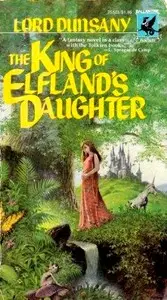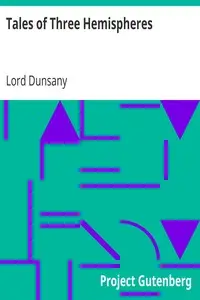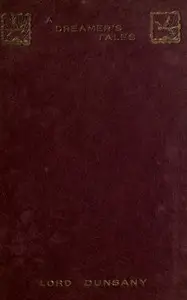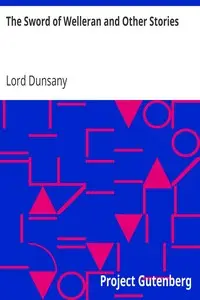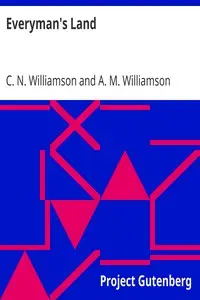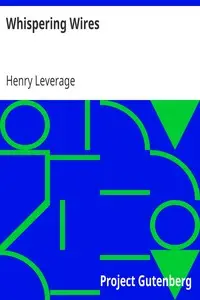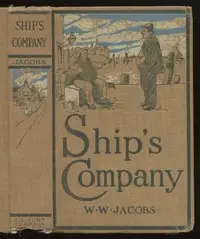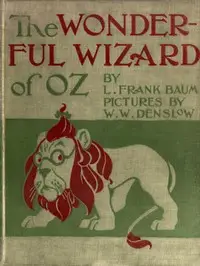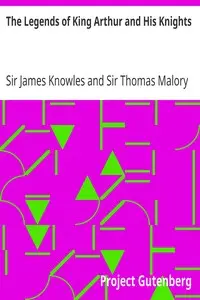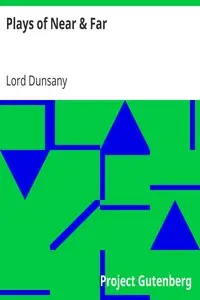"The Gods of Pegana" by Lord Dunsany is a poetic collection of mythological stories written in the early 20th century. This unique work explores the creation of a fantastical pantheon and their influence on the worlds they inhabit. The likely topic of the book delves into themes of divinity, fate, and the nature of existence, intertwining the roles of gods and men in a richly imagined universe. The narrative unfolds through various tales set in Pegana, a mythical realm, where the gods, including MANA-YOOD-SUSHAI, the creator, and his lesser deities, engage in cosmic games that shape existence. Central characters like Skarl, the drummer whose relentless beat maintains the rhythm of the universe, and Kib, the sender of life, play pivotal roles in the tales that reveal the gods' whims, creating life, death, and fate for humanity. As the stories progress, they explore profound questions of existence, knowledge, and acceptance of life’s impermanence, ultimately posing the idea that understanding might be beyond the grasp of both gods and men. (This is an automatically generated summary.)
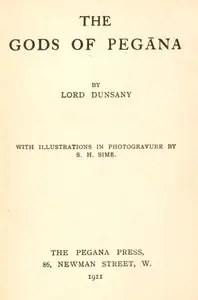
The Gods of Pegana
By Lord Dunsany
"The Gods of Pegana" by Lord Dunsany is a poetic collection of mythological stories written in the early 20th century. This unique work explores the c...
Edward John Moreton Drax Plunkett, 18th Baron Dunsany, commonly known as Lord Dunsany, was an Anglo-Irish writer and dramatist. He published more than 90 books during his lifetime, and his output consisted of hundreds of short stories, plays, novels, and essays; further works were published posthumously. Having gained a name in the 1910s as a great writer in the English-speaking world, he is best known today for the 1924 fantasy novel The King of Elfland's Daughter, and his first book, The Gods of Pegāna, which depicts a fictional pantheon. Many critics feel his early work laid grounds for the fantasy genre.

